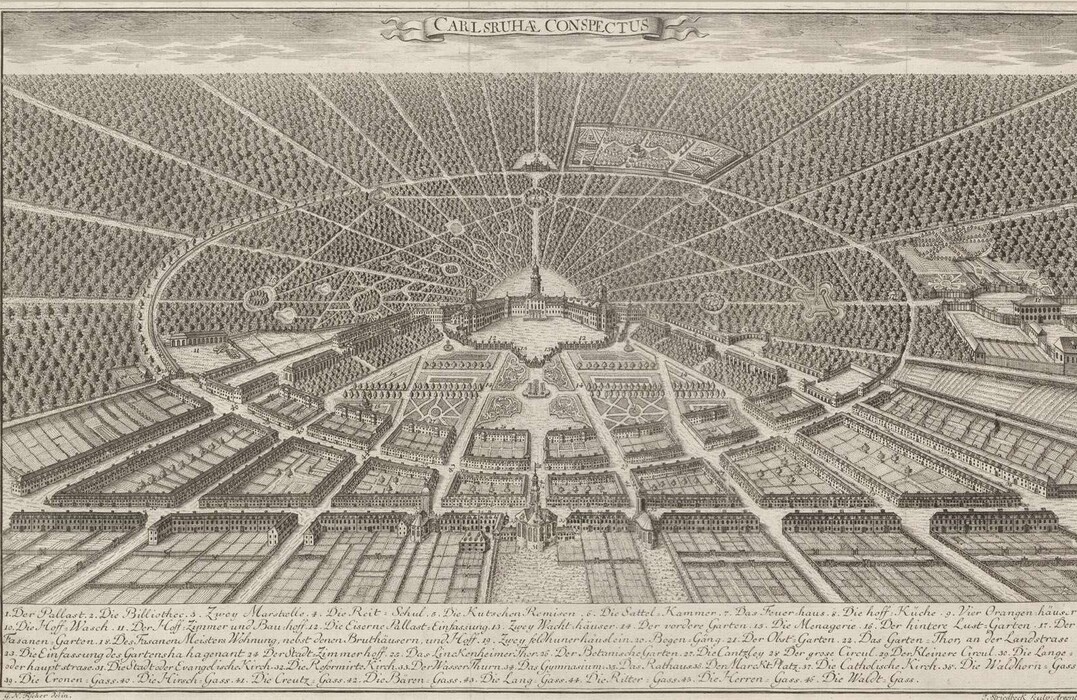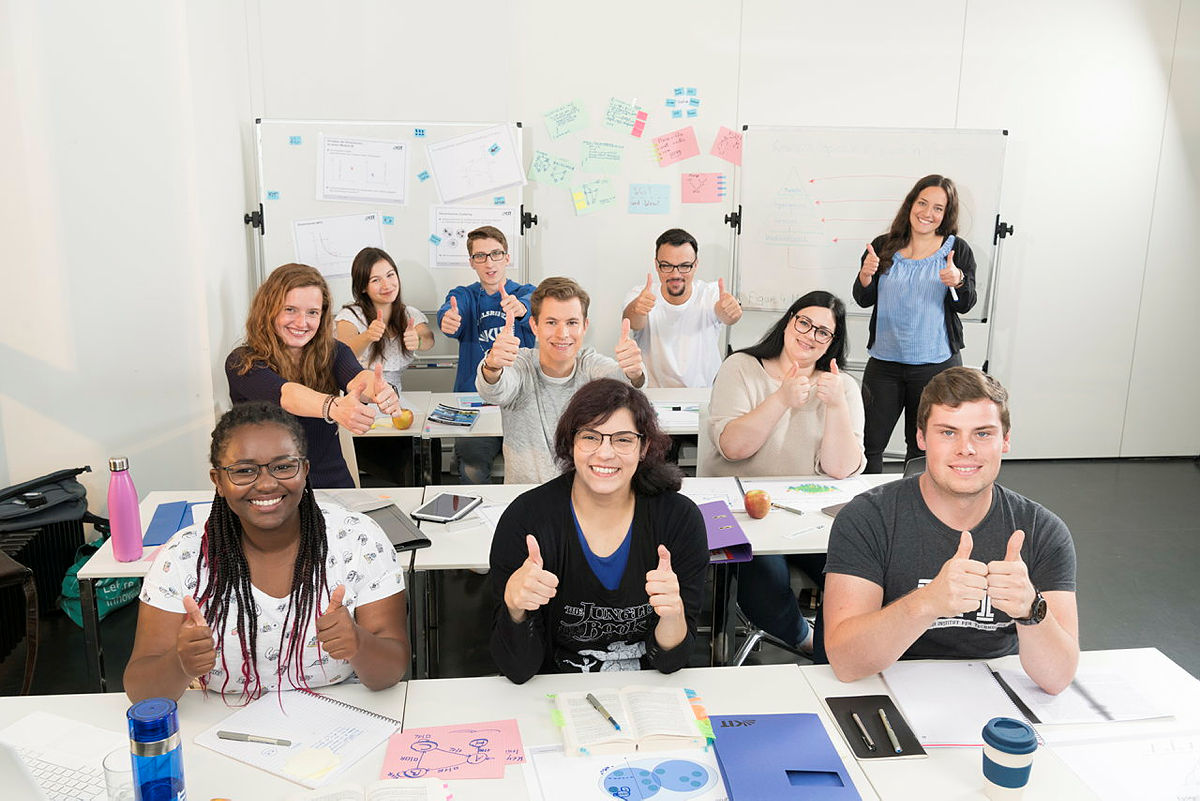Welcome to the Department of History
About Us
As a branch of the Institute of Technology Futures, we contribute research results of technology and environmental history to the social debates on future issues. We define Technology Futures as the ways in which societies communicate about the future uses of technology - whether linguistically, with images, or by emotive persuasion. The historical perspective can thus uncover long-term continuities or ruptures in communication about future technological developments.
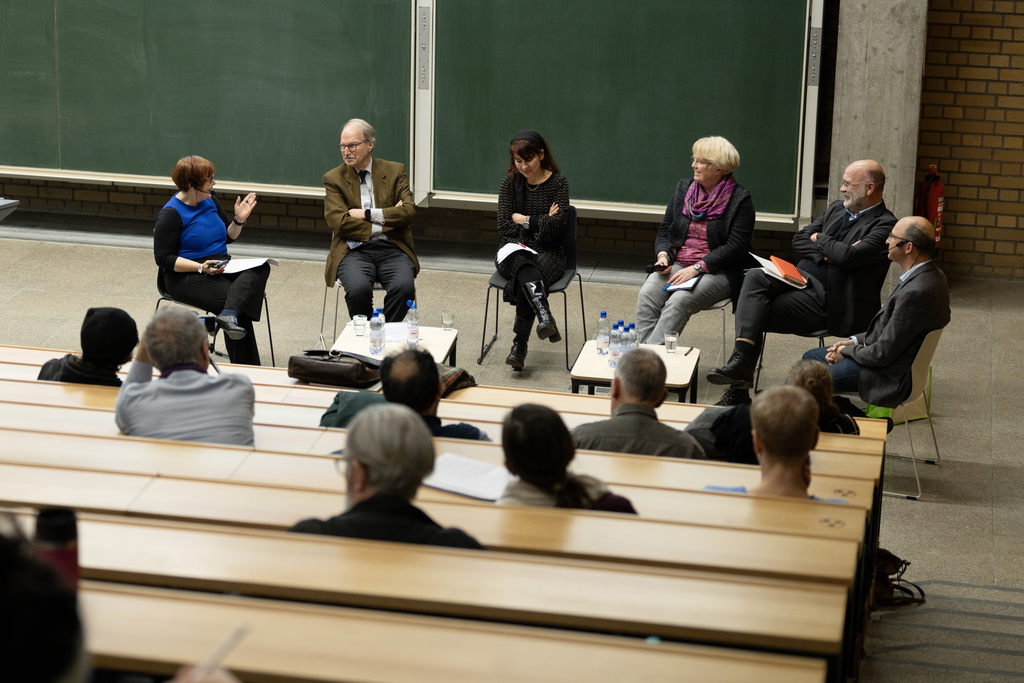
The panel discussion Between general education and reflection on technology? The past and future of the humanities at technical universities as part of the Colloquium Fundamentale deals with the relationship between the humanities and natural sciences. In the run-up to the KIT anniversary in 2025, scientists from various disciplines discussed developments, the current status and possible future roles of the humanities at technical universities. The event, moderated by Désirée Schauz and Marcus Popplow, took place on December 17, 2024.
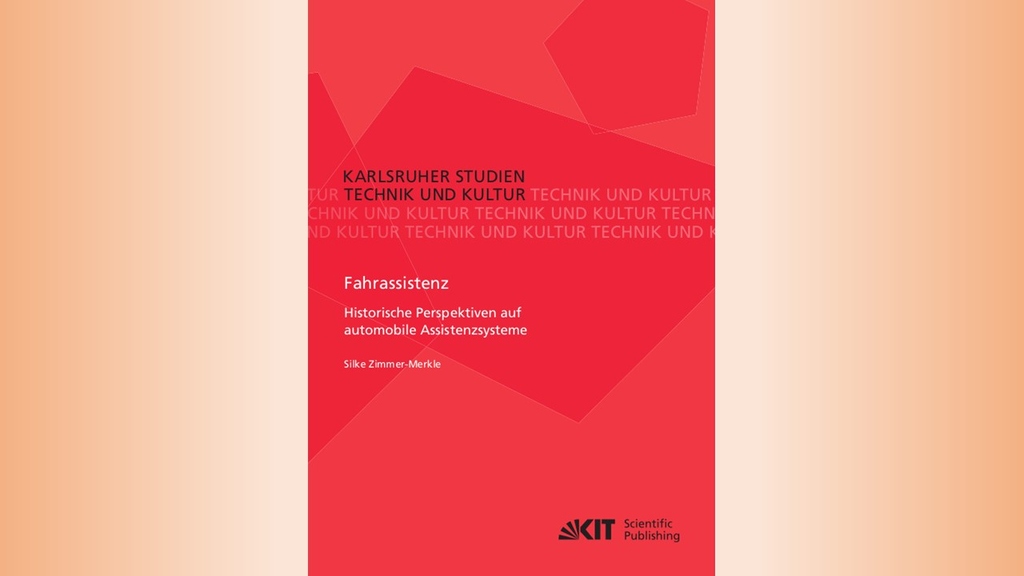
The dissertation Fahrassistenz: Historische Perspektiven auf automobile Assistenzsysteme by Silke Zimmer-Merkle examines the history of automotive assistance systems within the research fields of the history of technology and technology assessment, which is told in a broad perspective from the end of the 19th century to the present day. Since assistance systems in cars are often thought of as enabling technologies for autonomous driving and are formulated as such in the discourse, a historical investigation of this subject, which has not yet been systematically explored by historians, is an obvious step, not least in order to expand the scientific treatment of the topic to include a historical perspective.
Read more by clicking here
Marcus Popplow spoke on behalf of KIT at the 14th Carl Benz Memorial Lecture on November 28 on the topic: "Historical aspects of sustainable mobility of the future". Find here the program of the event.
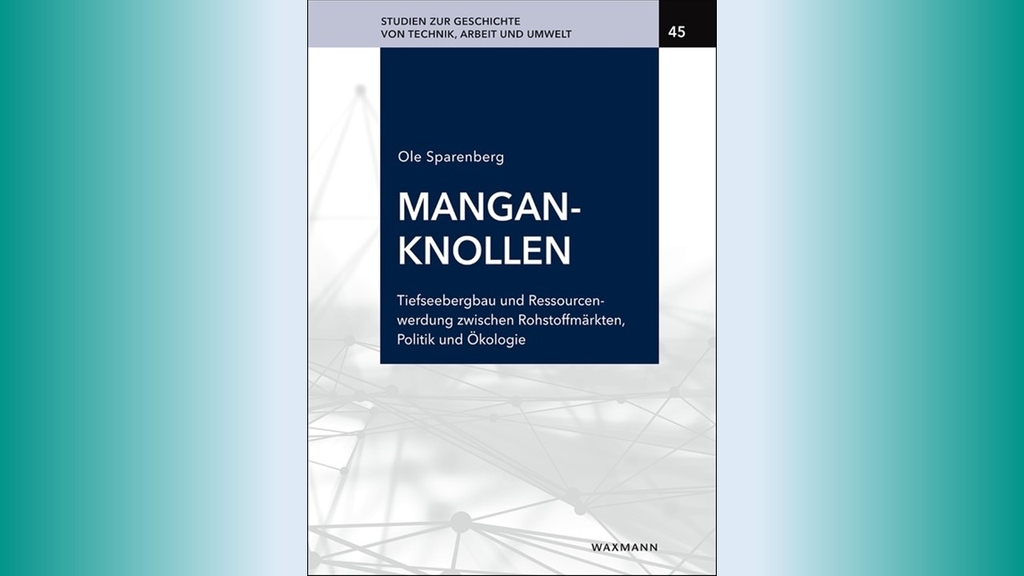
Ole Sparenberg is the first to examine the history of manganese nodules from their discovery in 1873 to the present day. This study shows why an economic interest in these minerals from the deep sea developed from the 1950s onwards, culminating in mining tests in 1978 before the projects were discontinued. It was not until the 21st century that interest in deep-sea mining revived, but today it is increasingly being met with discussions about the ecological consequences.
Read more by clicking here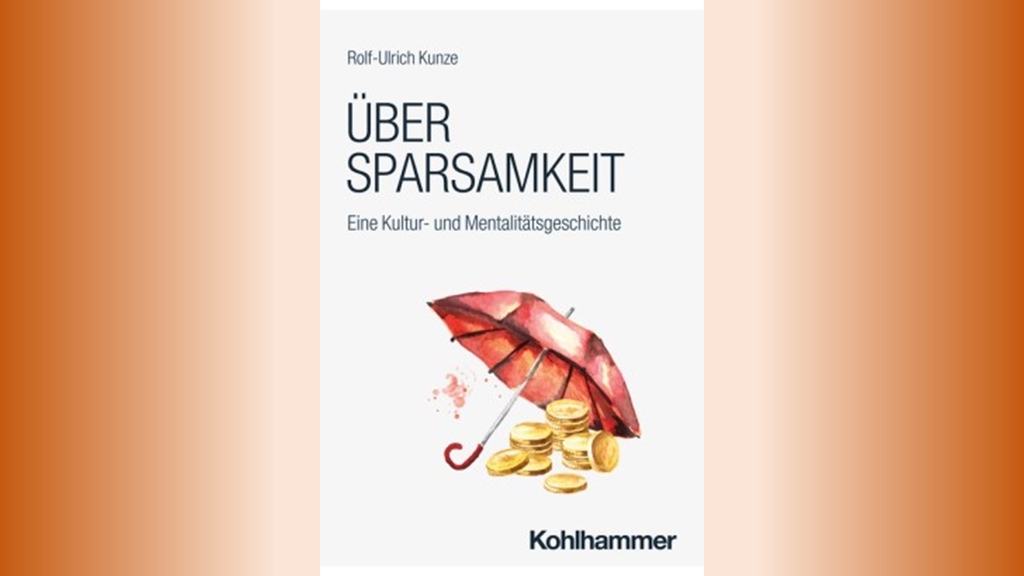
The current monograph "Über Sparsamkeit. A history of culture and mentality" by Rolf-Ulrich Kunze has been published by Kohlhammer. Using numerous sources - from cookbooks, advertising and media reports to advice literature - the book examines how ideas about thriftiness have developed in West Germany since 1950 and how they have become part of everyday life.
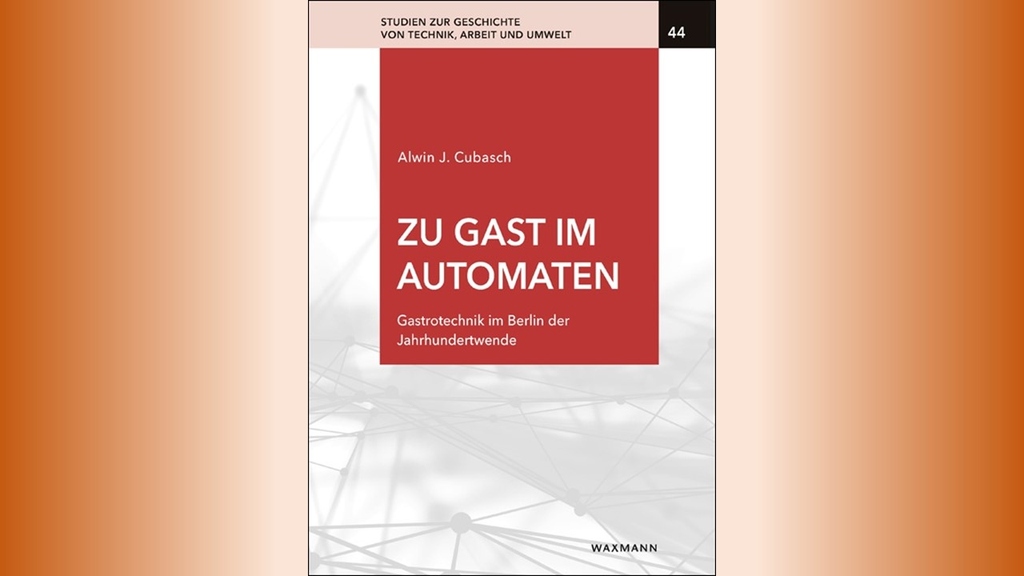
Alwin J. Cubasch's volume illuminates the rise and fall of vending machine restaurants in turn-of-the-century Berlin, shedding light on the scope and limits of technological design motivated during high modernism. The book is published in the series Studien zur Geschichte von Technik, Arbeit und Umwelt, edited by Marcus Popplow and Torsten Meyer.
More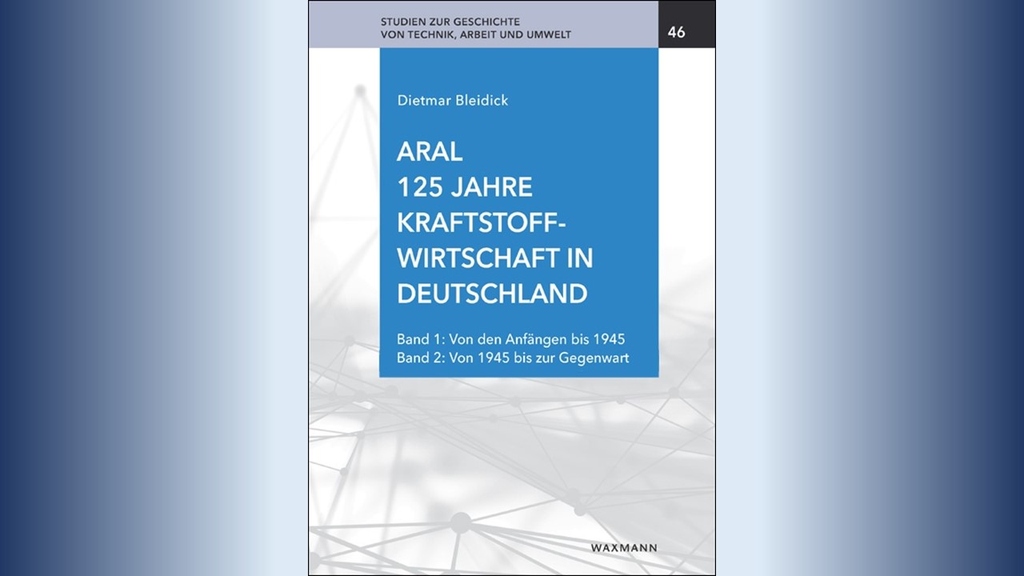
In the series Studien zur Geschichte von Technik, Arbeit und Umwelt, edited by Marcus Popplow and Torsten Meyer, the volume 46 Aral. 125 Years of the Fuel Industry in Germany by Dietmar Bleidick has been published. The two-volume edition traces the 125-year history of the industry for the first time using Aral as an example. In addition to company and product development, the filling station business and the brand, the focus is on social and political conditions, the effects of mass motorization and, last but not least, the price of fuel.
Read more by clicking here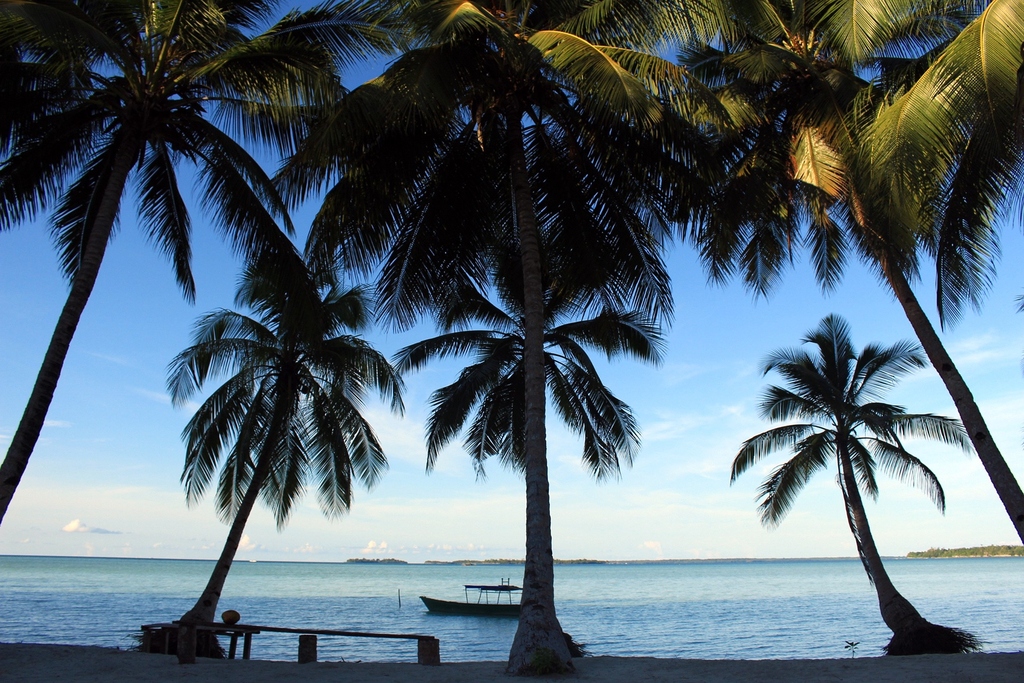
Planning to study abroad requires lead time - you can already find out about the requirements for a semester abroad next year: Information on studying overseas can be found here.
An online appointment on ERASMUS+ will take place at KIT-Internationales via ILIAS: 02.10.2024, 16:00-17:00.
The Faculty GeistSoz offers an information session on Erasmus+ on November 20 (14:00, in room 110 in the Franz-Schnabel-Haus).
You can find all important information via the following link.
Read more by clicking here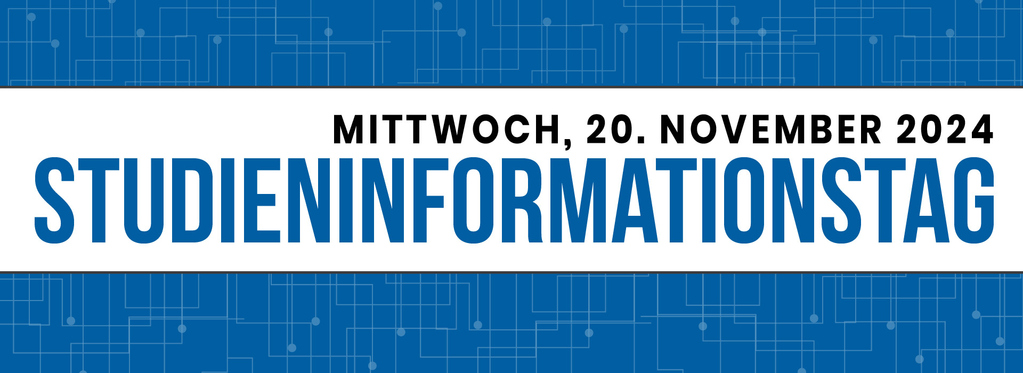
Those interested can find out more about studying history at the Karlsruhe Institute of Technology (KIT). Here are the events of the History Department:
9:00-13:00h at the Information stand of the GeistSoz faculty (Building 20.30)
10:30-11:15h Presentation of the new study program Liberal Arts and Sciences at KIT (Building 30.91, Room 012)
11:30 - 13:00h the seminar Orientation History gives an introduction to the study of history at KIT (Building 30.91 Room 012)
13:10-13:40h Student counseling: History as a subject sounds interesting? But are you wondering what career prospects it offers, what the study requirements are and whether it even exists at KIT? Then come along! Hybrid event (Building 30.91, Room 012 and Link to the online event)
Read more by clicking here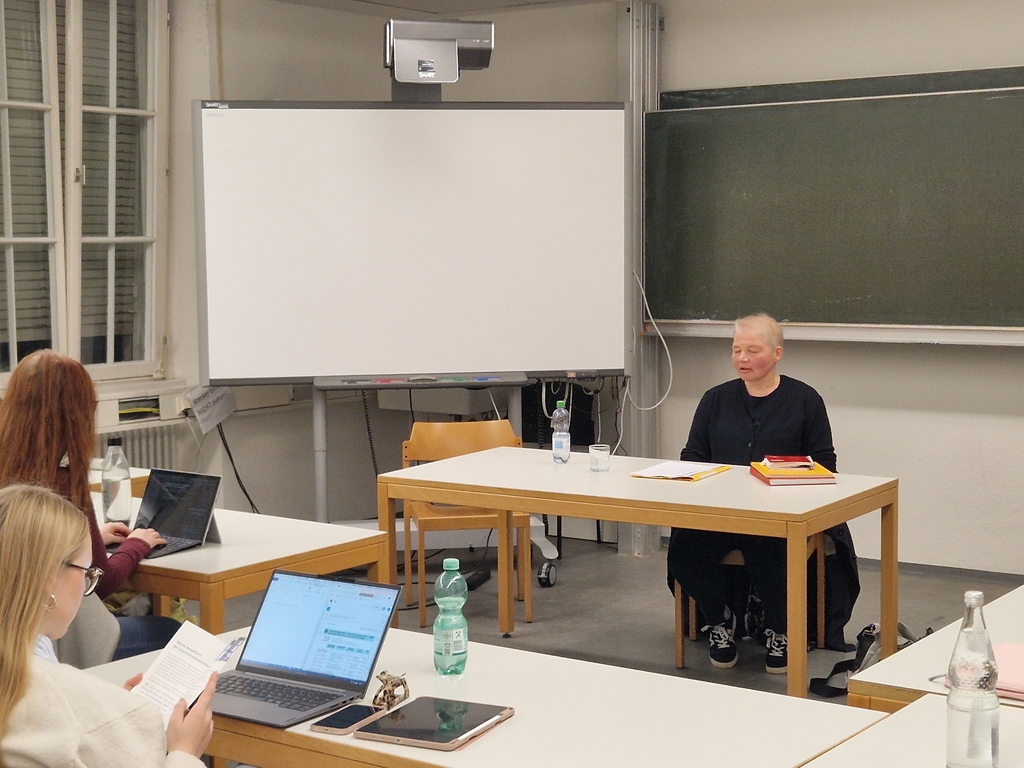
At the research colloquium on October 29, Mechthild Hempe spoke about the work of the History Office in Cologne and highlighted the differences between commercial historiography and academic historiography.

The winter semester has begun!
On Monday, Oct. 21 2024, the first semester students are welcomed into the study program European Culture and History of Ideas (for the BA and the supplementary subject History: 11.45-13.00, for the MA 13.00-14.00, both in building 30.91, R012).
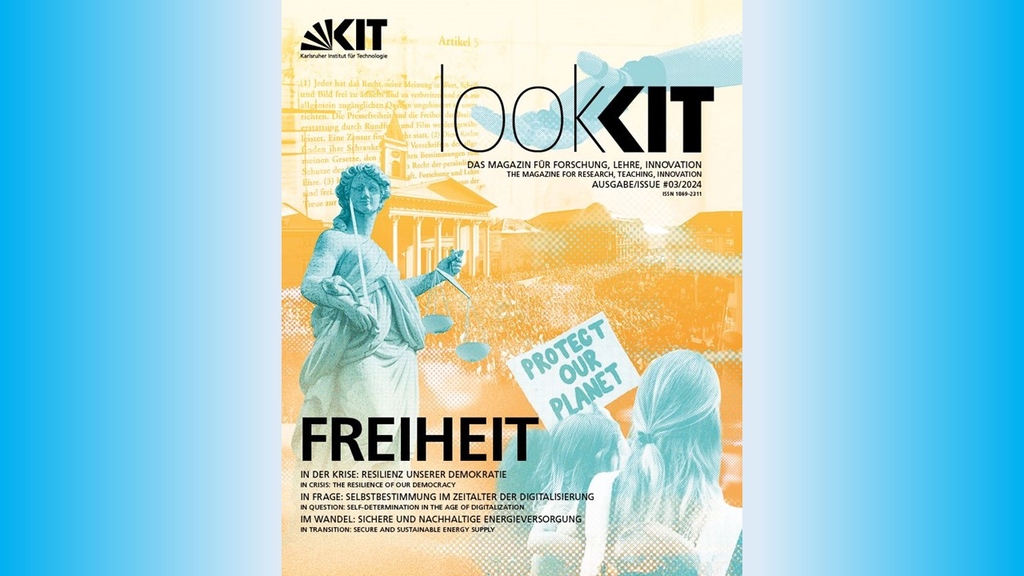
In the current issue of lookKIT, Rolf-Ulrich Kunze comments on the current crisis of democracy and talks about the dangers to freedom and the rule of law posed by right-wing populism (p. 10). On p. 56, Sophia Merkel talks about her family history research; the link to a podcast on the topic can be found on p. 43. In the forum on KIT's approach to right-wing political extremism under the motto "Never again!", Désirée Schauz discussed the attitude of scientists during the Nazi era (p. 33).
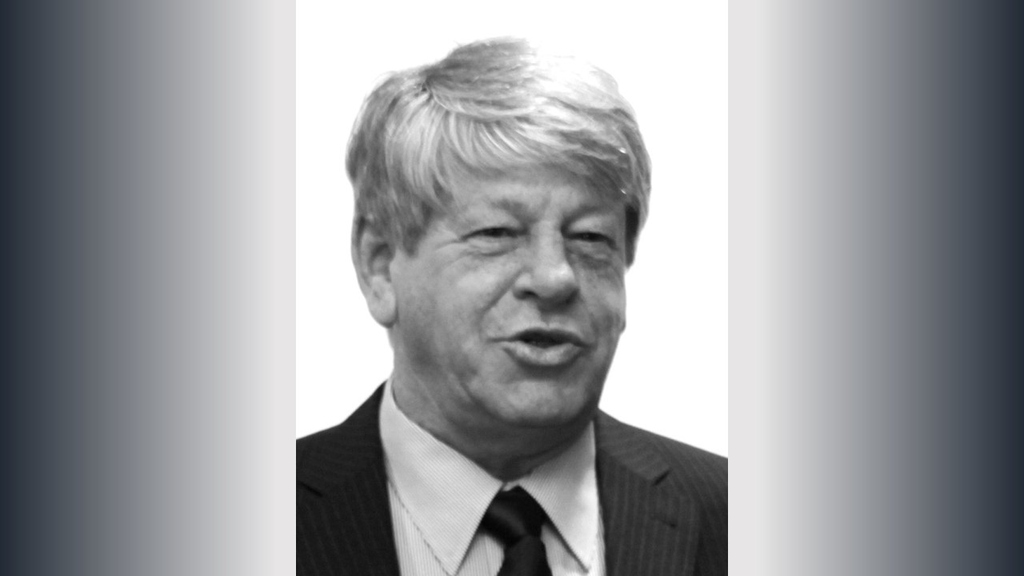
Prof. Dr. Wolfgang Altgeld (1951-2024)
The Department of History mourns the loss of former Institute member Professor Dr. Wolfgang Altgeld, who passed away on September 27, 2024. Wolfgang Altgeld was a historian of modern politics and Italy.
Read more by clicking here
In the coming summer semester, there will again be numerous new seminars and lectures in the EUKLID program. These can be accessed at Campus Management, on the page Courses of the Department of History as well as via ILIAS .
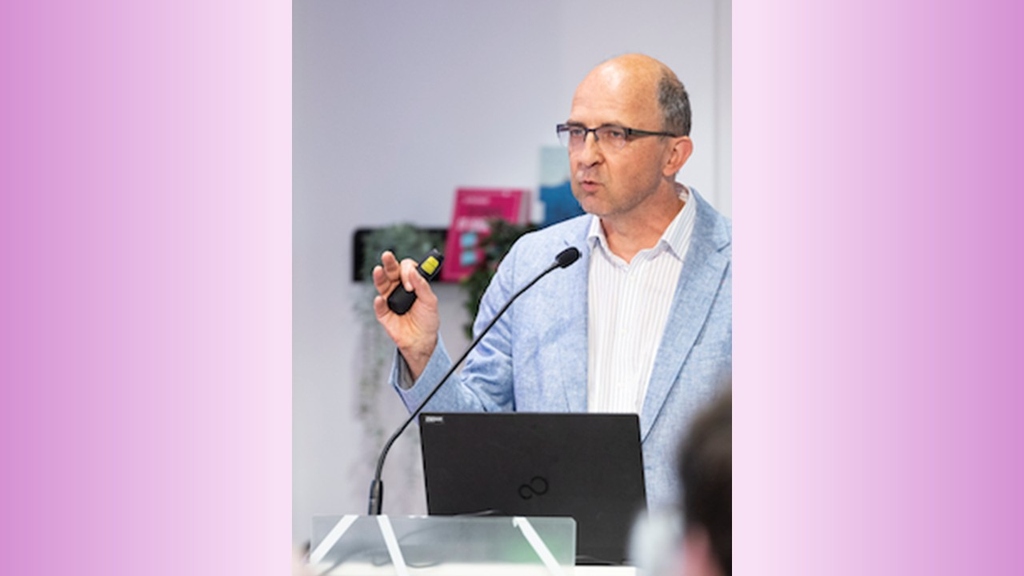
Marcus Popplow gave the keynote speech at the award ceremony for the 44th Sparkasse Karlsruhe Environmental Award 2024 on the topic: "Environmental history. On the topicality of looking back". The program can be found here.
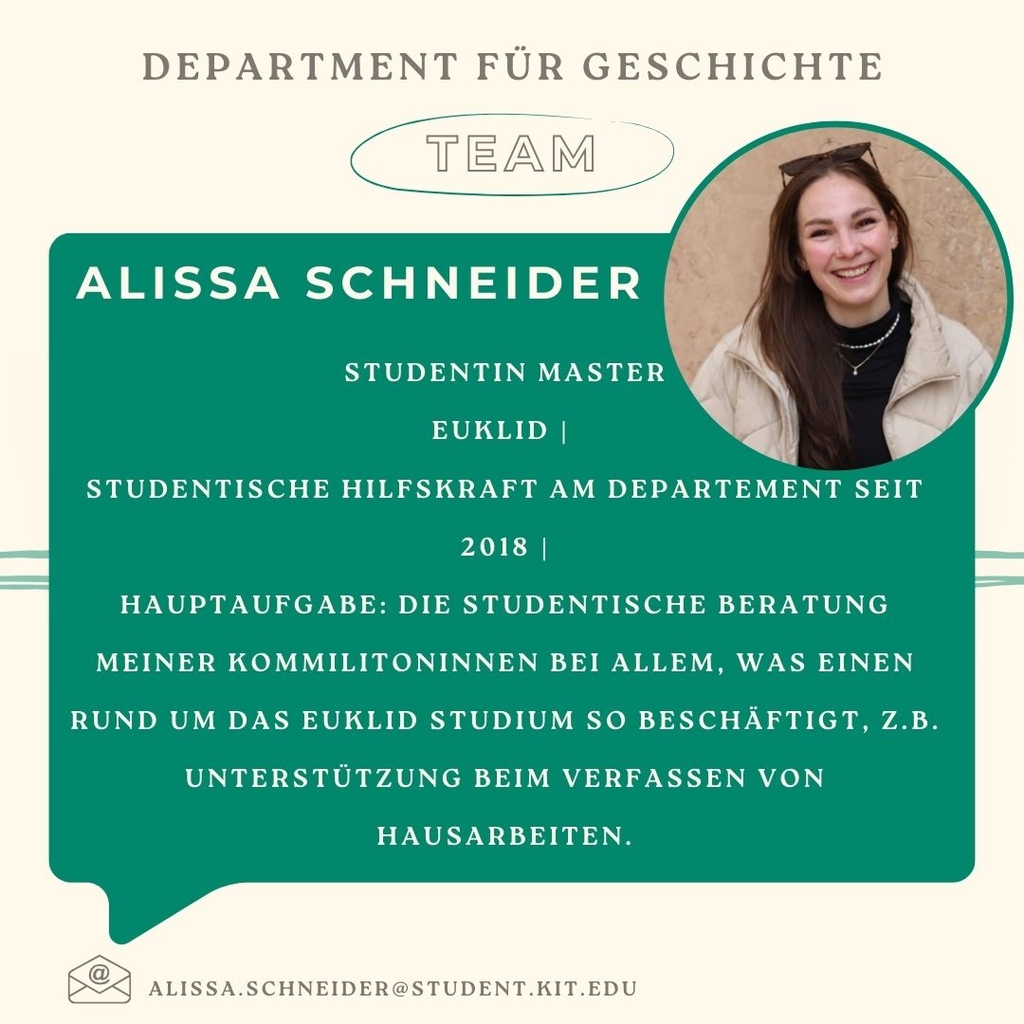
You can find us on Instagram @kitgeschichte. Among other things, we post news from the Department of History, introduce the members of our team in teaching and the administration and point out important events and dates.
More
Would you like to know what the EUKLID degree program is all about and what studying history and philosophy looks like? Then you've come to the right place! Building 30.91, Room 012, 11:00-11:30 h with Silke Zimmer-Merkle. Why not also listen to the event on the elective subject Technology Assessment, which takes place directly afterwards: "Sex Robots, Intimacy, and Ethics: A Case from the Field of Technology Assessment". Ethical sex work with robots - is it possible? In the taster lecture, the elective subject Technology Assessment will give a small taste of the diverse topics of TA research. The lecture language is English, 11:35-12:25 h with Bettina-Johanna Krings and Giovanni Frigo.
Read more by clicking here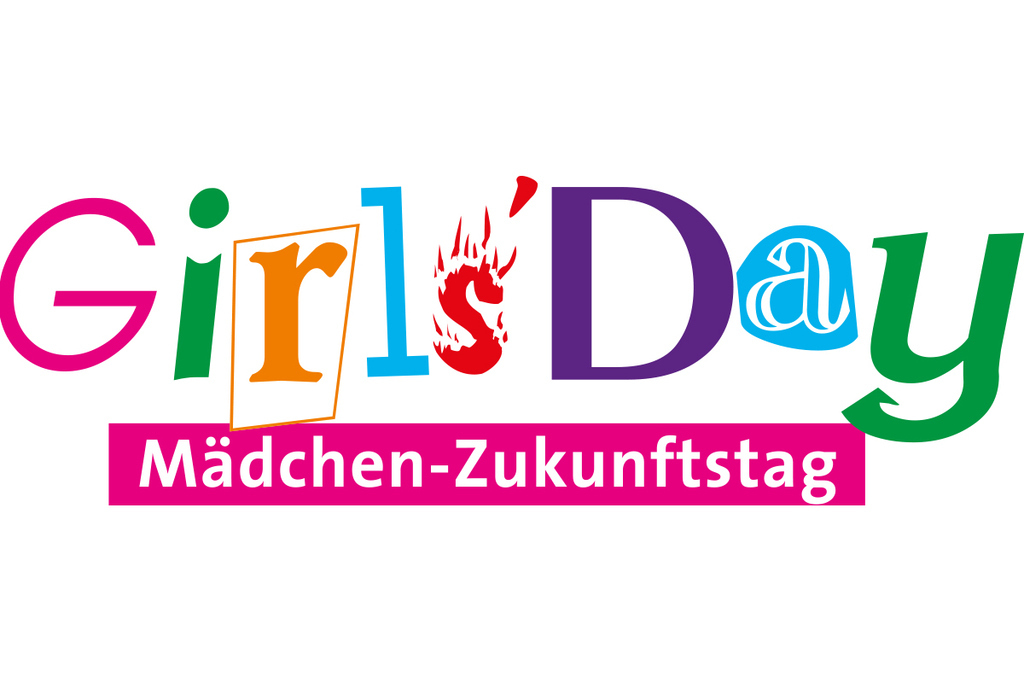
The "Girls' Day - Girls' Future Day" is a nationwide career orientation day for girls* from the 5th grade onwards. Girls' Day gives schoolgirls the opportunity to gain insights into professional fields that are rarely chosen by women - fields in the natural sciences, technology and humanities. The next Girls' Day at KIT will take place on April 03, 2025. Further information on Girls' Day 2025 can be found under the following link.
Read more by clicking here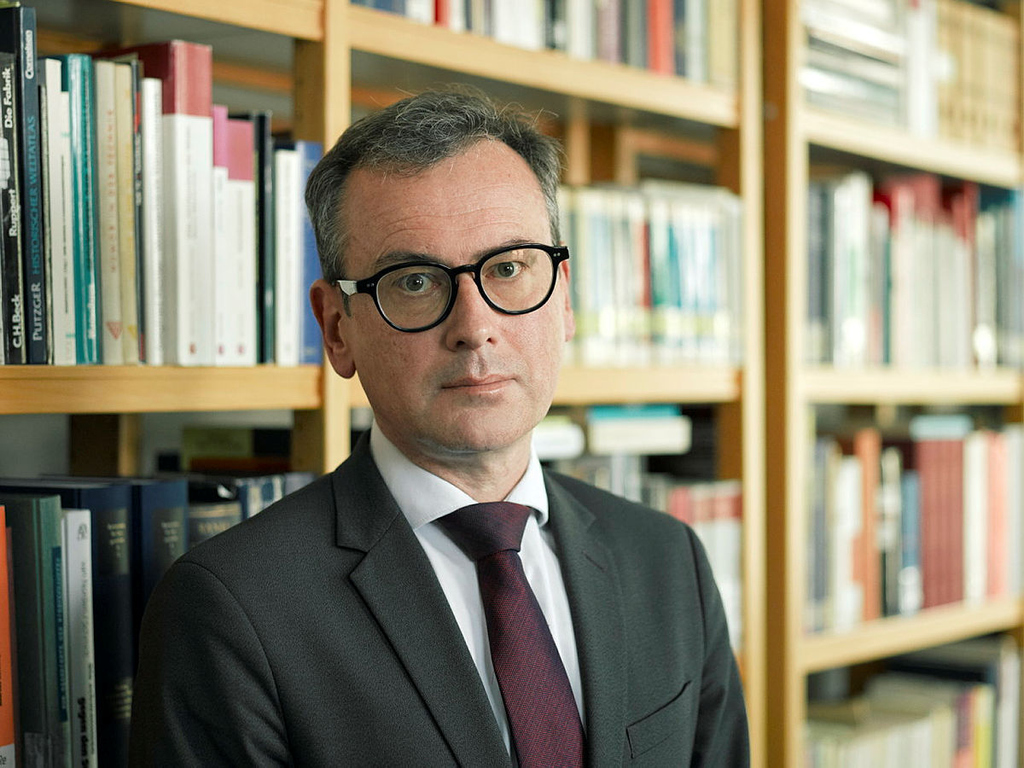
Rolf-Ulrich Kunze spoke on the topic of "Failing unity, failing democracy?" at the Ettlingen ceremony to mark the Day of German Unity. The article was published in the Badische Neueste Nachrichten on October 3, 2024 and is available online.
Read more by clicking here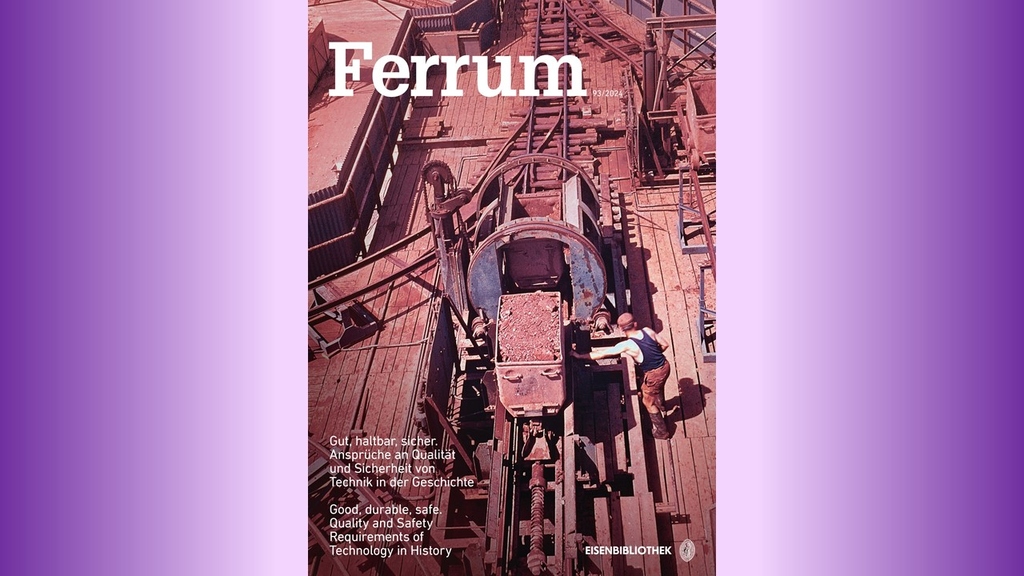
The new issue of the journal Ferrum on the topic Good, durable, safe. Demands on the quality and safety of technology in history is available open access. As a member of the scientific advisory board, Marcus Popplow was jointly responsible for the conception of the preceding conference at the Iron Library (Schaffhausen), Nicole Hesse has a contribution in the issue.
Read more by clicking here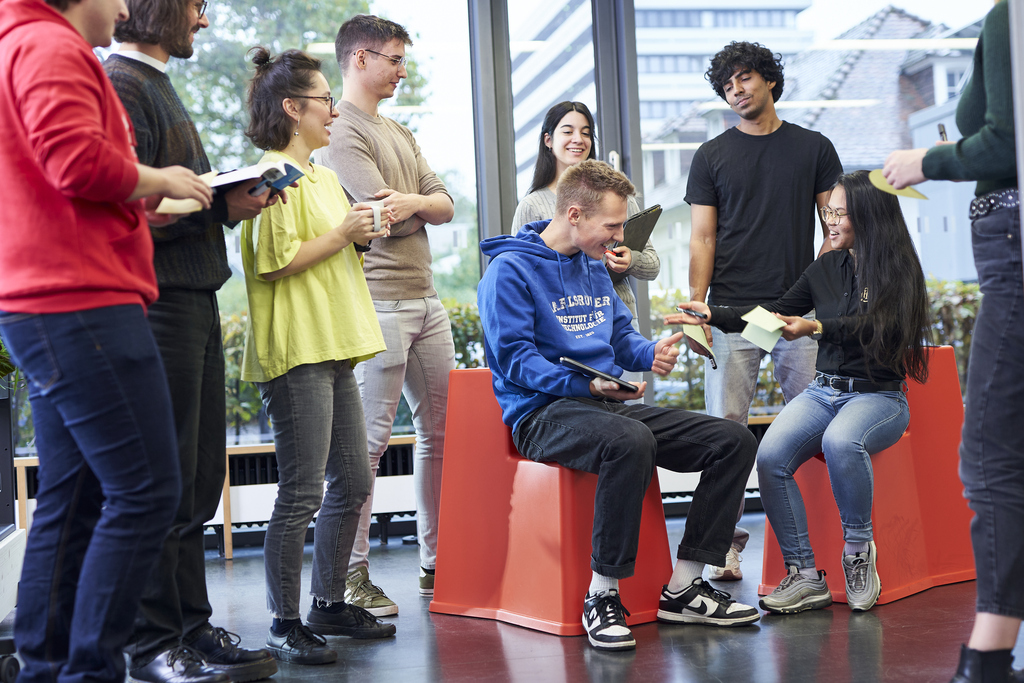
This year, Désirée Schauz from our team is once again participating as a lecturer at the international summer school "Introduction to Conceptual History", which takes place in Helsinki in August. The summer school is organized annually by "Concepta" as part of the "History of Concepts Group". It offers an in-depth introduction to the theory and methods of the history of concepts and ideas and is also aimed at doctoral students. Désirée Schauz's teaching units will focus on the application of the history of concepts in the fields of science and technology.
Read more by clicking here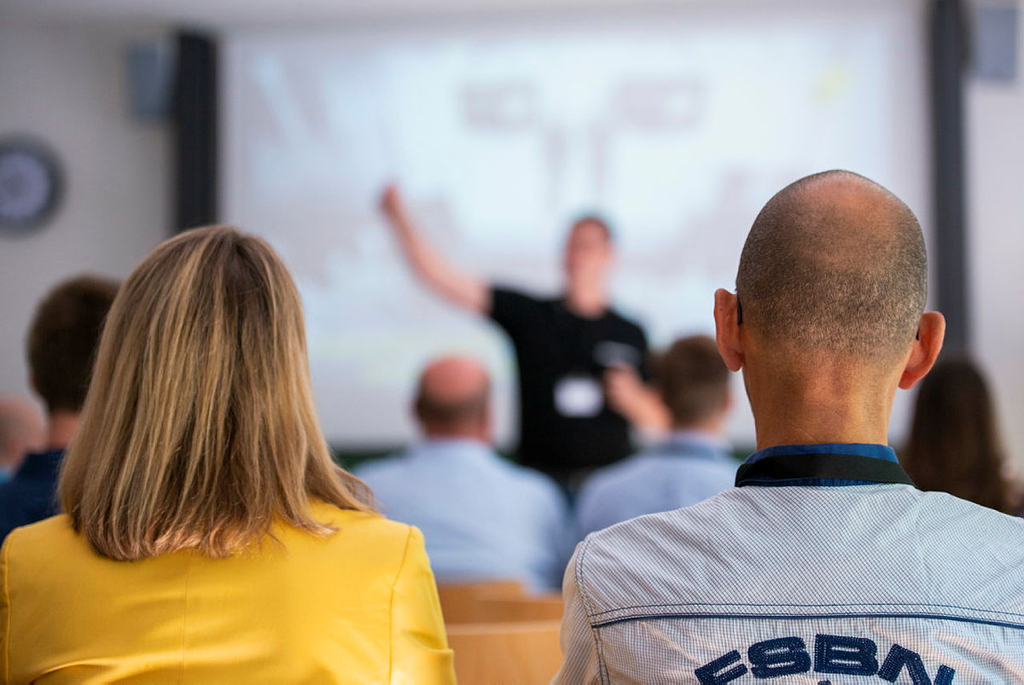
On Monday, September 23, 2024, PD Dr. Stefan Poser will give an online lecture at the University of Hanover on the topic From Crime to Museum Object - Technical and Cultural History of Graffiti (History of Technology). The host is the AK Technikgeschichte of the VDI in Hanover.
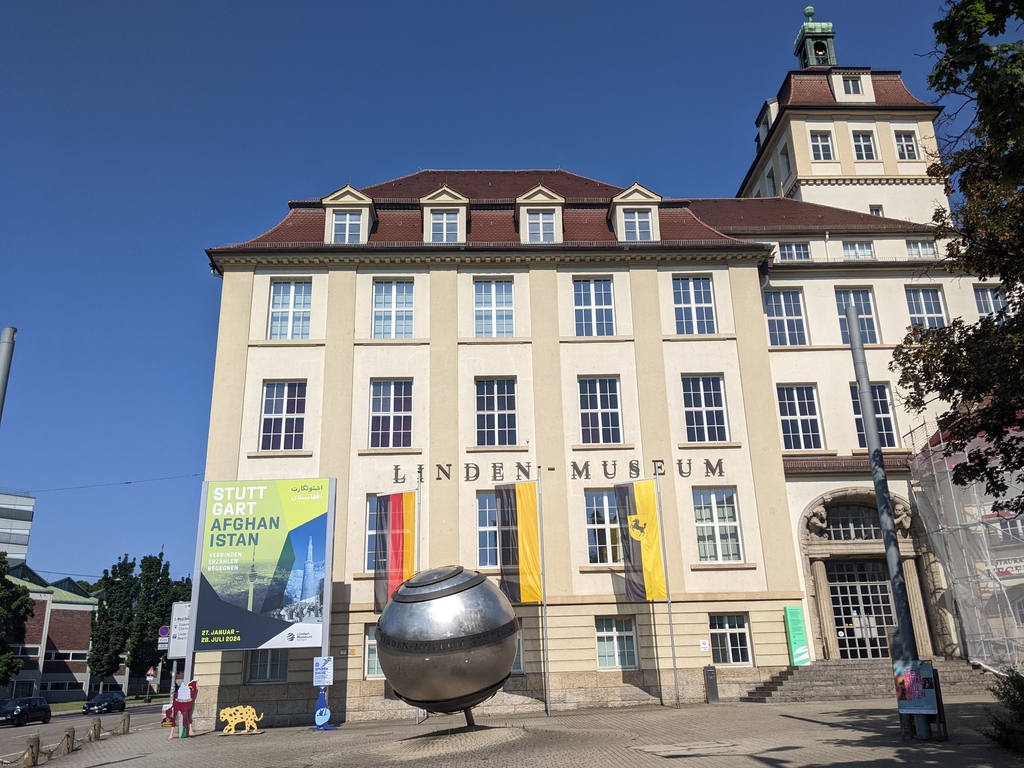
On July 20, Andrea Acle-Kreysing and the participants of her seminar visited the exhibition "Stuttgart-Afghanistan" at the Linden-Museum in Stuttgart, which deals with the dynamics of knowledge exchange and cultural mediation. Many thanks to the GeistSoz student council for the financial support and to our wonderful museum guide, Ms. Hüge!
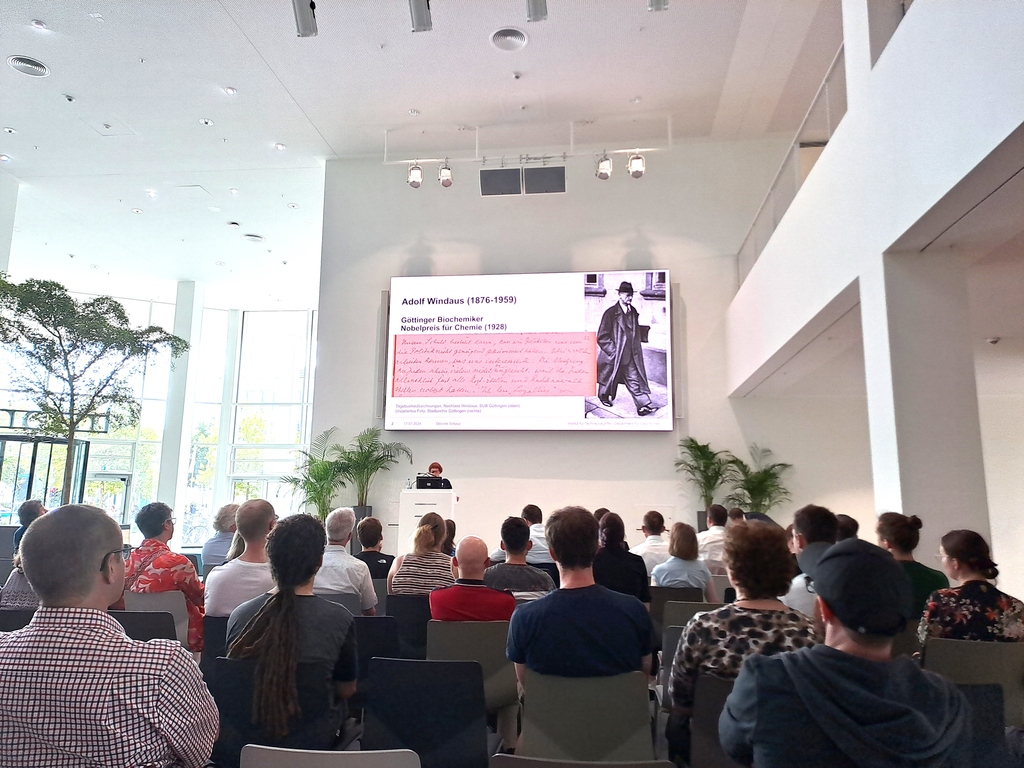
In the event "What does 'never again' mean here?", which took place at informatiKOM at KIT on July 17, presentations and a subsequent panel discussion dealt with the questions of how extremism can be prevented in our society and what contribution universities can make to this. Désirée Schauz participated on behalf of the Department of History with the lecture "Mythos 'unpolitische Wissenschaft'. Universities in the Weimar Republic and at the beginning of Nazi rule". Using selected historical examples, she highlighted the influence that nationalist, "völkisch" and anti-Semitic movements had on research and universities in Germany in the early 20th century.

On the 80th anniversary of the assassination attempt of July 20, 1944, Rolf-Ulrich Kunze gave a lecture entitled Wehrhafte Demokratie statt später Widerstand. How do we defend our constitutional state? This was followed by a panel discussion. The event took place on July 10, 2024 at the Generallandesarchiv Karlsruhe. The lecture is available as a podcast on Deutschlandfunk Nova Hörsaal via the following link.
Hear more by clicking here
With her seminar on textile history, Sophia Merkel visited the Technoseum in Mannheim. Technical processes, including spinning and weaving, are taught "hands-on" and demonstrated on historical machines in this istitution. We would like to thank the Geistsoz student council for funding the excursion!
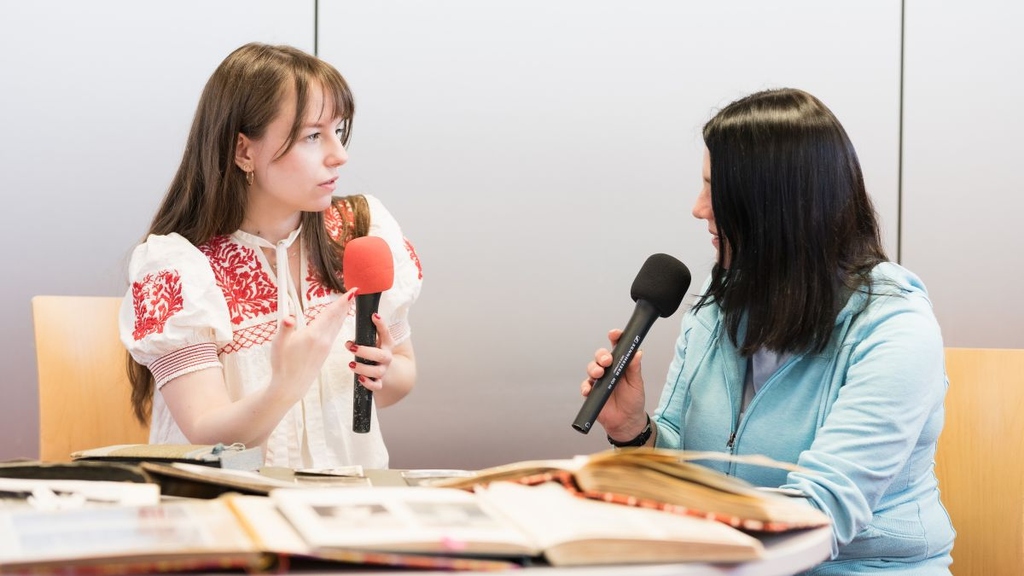
How can photo albums be used as historical sources? What role does the subjective play in narratives and how can they be categorized in terms of source criticism? Sophia Merkel (left) talks to Gabi Zachmann about the family as a topic of historical studies in the KIT interview podcast "Nachgefragt - wissen wie's läuft".
Hear more by clicking here
Quite a few people feel overwhelmed by the disruptive, i.e. all-changing possibilities offered by artificial intelligence. In an interview with Stefan Fuchs, Marcus Popplow takes a look at the history of technology and the exuberant fantasies, but also the Cassandra cries that are currently being raised in the debate about the advantages and disadvantages of artificial intelligence. The interview appears in the KIT Campus Report series.
Hear more by clicking here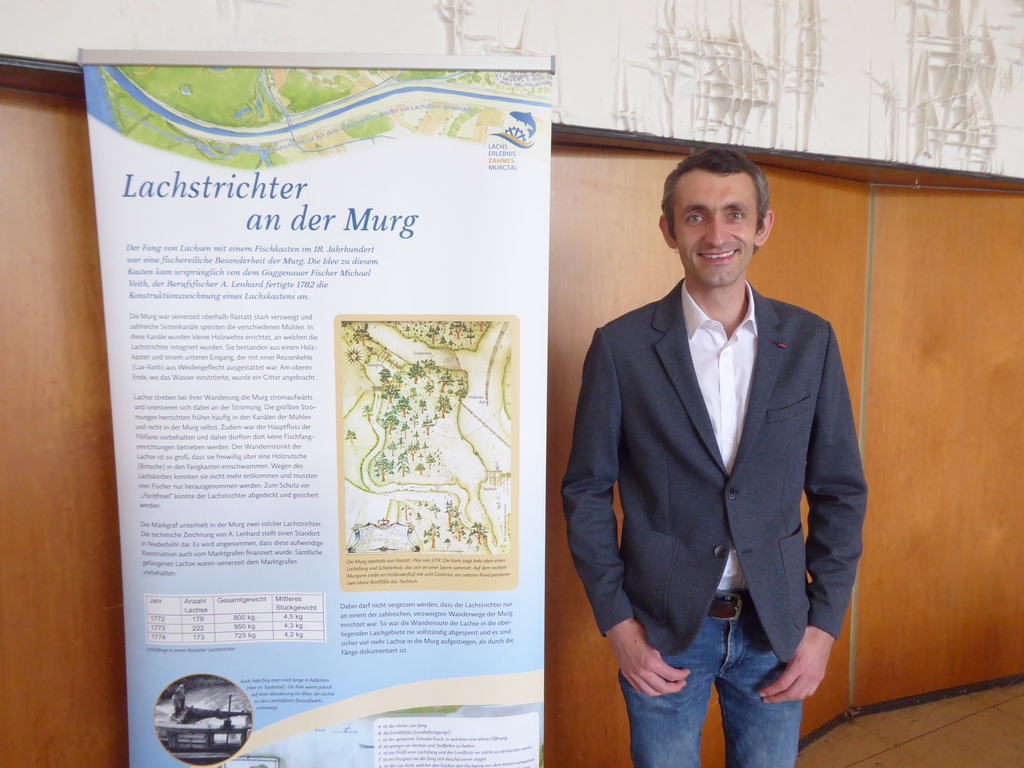
As part of the renaturation of the Murg river by the fisheries authority at the Karlsruhe Regional Council, Tilman Wagle (photo) researched historical fish stocks from the Middle Ages to industrialization. His findings were incorporated into the design of the panels for the new salmon adventure trail, which was opened at a ceremony in Forbach on July 11. The official press release from the regional council is linked here. Wagle is currently working on his research results for a dissertation.
Read more by clicking here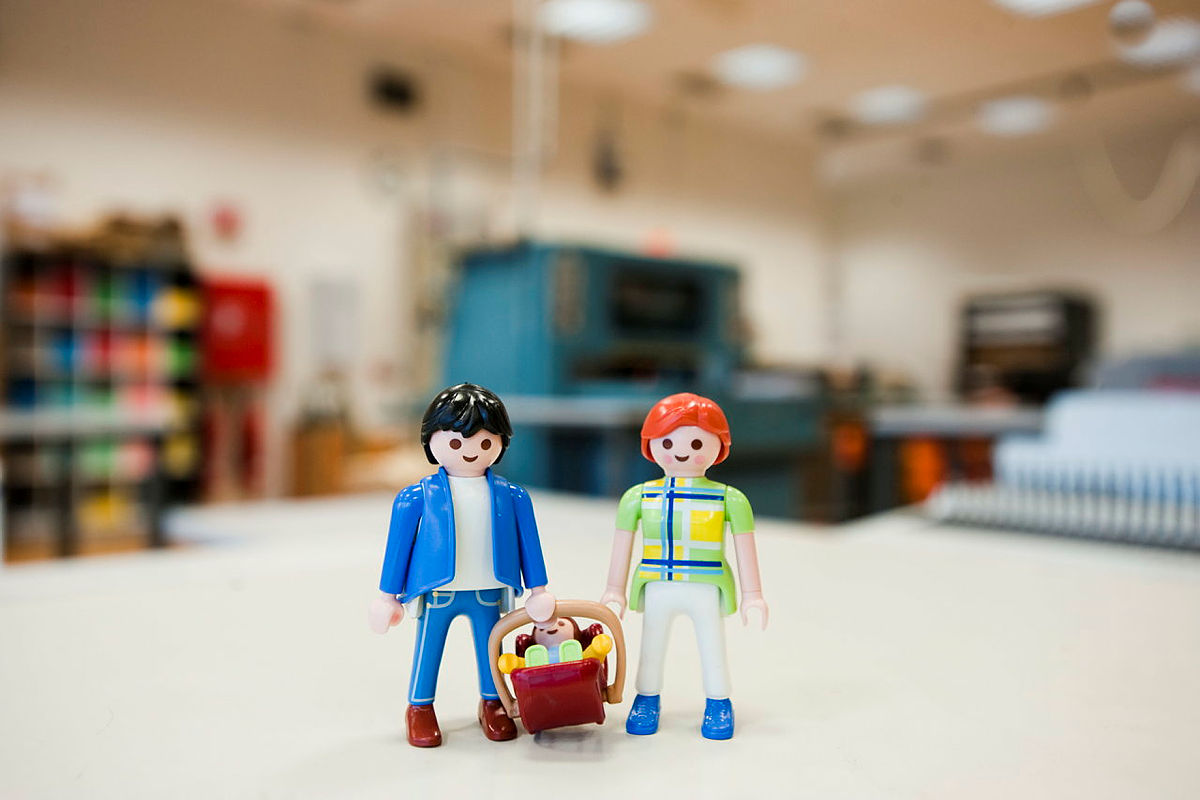
A recent statement by the Gesellschaft für Technikgeschichte e.V. (Society for the History of Technology) states that the Academic Fixed-Term Contract Act has not contributed to a lasting improvement in precarious working conditions in academia over the last 20 years. It warns that the regulations in practice, especially in recognized "small subjects" such as the history of technology, are paradoxically increasingly tantamount to a professional ban for many academics. Details of the different assessments can be found here:
- Information from the BMBF on the Academic Fixed-Term Contract Act
- Comments from the German Association of Historians
- Comments from the Society for the History of Technology (PDF)

Born in 1917, communications engineer Karl Steinbuch is considered one of the few German visionaries in computer science. In 1958, he became a professor at the Technical University of Karlsruhe, now the Karlsruhe Institute of Technology. However, when the reform movement at universities spread to Karlsruhe in 1968, Steinbuch showed increasingly clear sympathies for right-wing extremist ideologies. His biographical involvement in National Socialism became public: he had joined the SS at the age of 16. As a member of the Wehrmacht, he was involved in war crimes. KIT historian Anton Guhl has now dedicated the first detailed study to Karl Steinbuch.
Hear more by clicking here